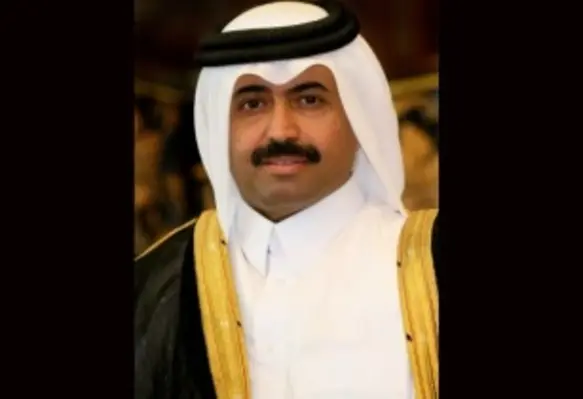The Vienna agreement among OPEC and non-OPEC producers to curb global oil output has had a “remarkable” impact on the oil price, said Qatar’s Minister of Energy and Industry H E Dr. Mohammed bin Saleh Al Sada, in an address to the Energy Institute’s IP Week conference in London on 22 February
This has resulted in a more positive outlook both for the oil industry and for the world economy, he commented.
However he said while a price of around US$50 a barrel is positive in the short term, higher prices of at least US$65 a barrel are needed in the longer term to encourage urgently needed oil sector investment.
“Investment has been insufficient in the last three years in existing and new fields … if the situation is not reversed it will lead to price spikes and shortages," HE Dr Al-Sada said. The industry has not only cut the fat but is now cutting muscles and bone, he added.
Adherence to the Vienna agreement among OPEC and non-OPEC producers to curtail output for the first half of this year is running at more than 90 per cent among OPEC participants, the Minister said. Commenting on the level of non-OPEC compliance the Minister viewed Russia as “committed” and said that non-OPEC compliance is estimated at around 50 per cent, “but it could be more.” However, the mechanism of calculating it is less developed than OPEC’s, he added.
HE Dr Al Sada said it is still too early to say whether oil producers will extend their output reduction agreement at the OPEC meeting in May. The main determinant will be global stock levels and whether output cuts have succeeded in lowering them toward their five-year average, he said. He added that “one would expect that by the third quarter of this year the industry will be in better shape as far as stock levels are concerned.”
HE Dr Al Sada was presented with the Energy Institute’s International Oil Diplomacy Man of the Year 2016 Award at the conference, in appreciation of the critical role he played through 2016 in securing the Vienna Agreement. The award is also in recognition of the role the State of Qatar has played in leading more than 20 producing countries from around the world, including Russia, Saudi Arabia and Qatar, to find common purpose in cooperation and partnership.
“It is an honour for me to receive this Award, especially as it recognises the critical role played by the State of Qatar in securing the Vienna Agreements,” said HE Dr Al Sada.







